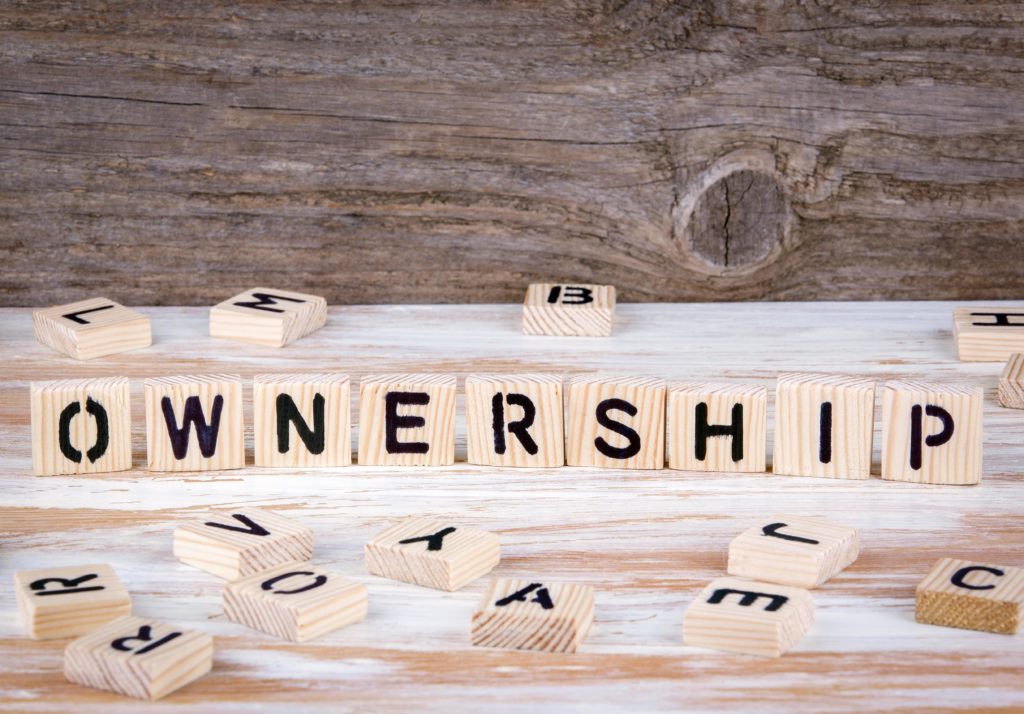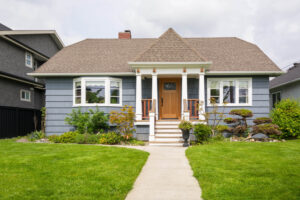
For some, owning a home is the ultimate dream and a significant investment. They can put down roots, build equity, and increase their overall net worth. To make this dream a reality, though, most people rely on financing. This involves applying for a home loan and meeting a loan program’s minimum requirements.
If you’re thinking about buying a home, it’s crucial to do a self-evaluation first—to determine whether you’re really ready to step into home ownership.
Here’s a look at five important questions to ask before you buy a house.
1. How Much Can I Afford?
Knowing what you can afford makes the process easier because you know your budget early on. You can then narrow your focus to homes within this price point.
Also, knowing your budget often involves getting pre-approved by a mortgage lender. This is an important first step to building your credibility as a buyer.
A pre-approval involves a lender reviewing your application, income, debts, and assets, and then using this information to estimate affordability.
When you submit an offer to buy a home, you can include a copy of your pre-approval letter. This indicates that you’re a serious buyer, and sellers are more likely to consider your offer.
2. How Much Money Do I Need to Save?
Buying a home is expensive, and not only because you’re paying hundreds of thousands of dollars (in most cases).
Some mortgage programs require a down payment, which can range as low as 3% to 5%. Plus, you may be responsible for closing costs. These expense can costs 2% to 5% of the loan amount.
Knowing how much to save in the early stage is tricky since this amount is based on the sale price of the home. But even if you haven’t located a property, you can estimate this amount.
Before meeting with a lender, use a housing calculator to get an idea of what you might qualify for. Based on these results, determine how much to set aside for mortgage-related expenses.
For example, let’s say a housing calculator estimates that you can spend up to $200,000 on a mortgage. If you’re interested in a conventional home loan, you’ll need to save at least $10,000 for a down payment, and another $5,000 to $10,000 for closing costs.
3. What are Closing Costs?
And while we’re on the subject of closing costs, it’s important to understand what these costs involve.
These are mortgage and third-party fees related to getting a home loan. Buyers are often responsible for their own closing costs, but sellers can contribute to this expense, too.
Some mortgage lenders might also help with a buyer’s closing costs in exchange for the buyer paying a higher mortgage rate.
A sample of closing costs include loan origination fees, title search fees, recording fees, attorney fees, prepaid taxes and insurance, and other costs.
4. How Long Do I Plan to Live in the Home?
Before buying a house, consider how long you plan to stay in the home. Granted, situations beyond your control might force you to sell shortly after buying. Ideally, though, you’ll want to own the house a minimum of five years to avoid a financial hit.
So if you’re not ready to settle down, or if you’re not completely “sold” on an area or neighborhood, it might be better to postpone buying.
The cost of selling a home can be just as expensive as buying one. And if you only live in a home for one or two years, you might not have enough equity to profit from a sale.
5. Am I Financially Stable?
Buying a house has its benefits, but it also involves more responsibility.
Aside from the monthly payment, which could be higher than your previous rent, you’re responsible for repairs and maintenance.
Also, if you experience financial hardship, getting out of a mortgage is harder than getting out of a lease. So seriously consider whether you’re financially ready to be a homeowner.
Do you feel your income will remain stable? How well do you manage debt? Will you maintain some cash in reserves after paying your down payment and closing costs? Are you comfortable paying your own maintenance and repairs? Is your credit score high enough to qualify for a favorable mortgage rate?
Your answers to these questions indicate whether you’re ready for homeownership.
Sources?
www.architecturaldigest.com/story/this-is-how-long-you-should-live-in-your-house-before-selling-it
www.creditsesame.com/blog/mortgage/10-signs-youre-ready-to-buy-a-house/
www.nerdwallet.com/article/mortgages/closing-costs-mortgage-fees-explained





